

 0
0
I can’t imagine U Turn in any director’s hands except Oliver Stone’s. Breaking free from his political obsessions, Stone explores new territory, giving the material a stark edge, innovation, and a thick, memorable atmosphere. In one film he investigates adultery, incest, bad luck, Indian philosophy, gambling, paranoia, murder, deception, fraud, money, and the Russian Mafia. This is an original tale with a full plate, but surprisingly U Turn never feels crowded, contrived, or recycled. It’s a feast for the senses, as long as you have a strong stomach.
Similar to Natural Born Killers in style, the film includes black & white inserts, frequent use of hand-held cameras, overexposed shots, vivid close-ups, zip-switches from smooth to grainy, unique camera angles, time-lapse sequences, and hallucinogenic effects. Stone rounded up some of his Nixon crew to establish the technical aspects of the film, including director of photography Robert Richardson, production designer Victor Kempster, and editors Hank Corwin and Thomas Nordberg. The crew shot U Turn in just 42 days, entirely on location in the actual town of Superior, Arizona, fully utilizing the vast landscape. According to the film’s production information, the filmmakers revamped four blocks of Superior’s main street, even creating new restaurants out of unused storefronts.

In the film (based on the novel Stray Dogs), Sean Penn delivers a harrowing, convincing performance as Bobby Cooper, a drifter headed to Las Vegas in order to pay off a gambling debt to Russian gangsters. He’s behind on his dues, however. The mob has already cut off two of his fingers because he was two weeks late.
While traveling down the open desert highway, catching some wind from behind the wheel of his red convertible, his car’s radiator hose busts. He must quickly get to the nearest town, and that happens to be Superior, Arizona, a desolate mining town on the edge of nowhere. Bobby pulls into the only gas station within 50 miles, where a greasy, hick mechanic named Darrell (Billy Bob Thornton) offers some friendly advice to check out the town while he fixes his car. Desperate and bored, Bobby takes the journey into the heart of Superior. That’s his first mistake.
Once in the town, Bobby meets an odd ensemble of civilians. A blind but prudent Native American (Jon Voight) offers a few words of wisdom. The luring sight of a sexy, inquiring woman named Grace McKeena (Jennifer Lopez) gets Bobby into a problematic situation with her real estate baron husband, Jake (Nick Nolte). The scattering town sheriff (Powers Boothe) prevents a fight between Bobby and a macho young man named TNT (Joaquin Phoenix), over ditzy teen dream Jenny (Claire Danes). Then, out of increasingly bizarre and uneventful circumstances, Bobby becomes trapped in the town, with several characters aggressively persuing his services, sexuality, and money. As the stakes increase and tensions rise, things only travel down hill.
U Turn evolves into an intriguing tale of immorality, murder, and relationships. The vast variety of characters each poke at different areas of Bobby’s morality. Although Penn’s character never chooses this path, Jon Voight’s character serves as the morally straight conscience of Bobby. Bobby picks Grace over Jenny, which explains that he likes his women sophisticated and mysterious, rather than flamboyant and talky. Both women are involved with other men, of course. TNT and Jake provide complications later in the plot, sometimes motivated, sometimes pointless. The town’s sheriff acts like God, an all-seeing eye, often scooping Bobby out of trouble — but not all the time. The movie provides no easy answers for Bobby. Ultimately, he makes his own choices, and digs his own grave.
Provocative and graphic, U Turn is not for all audiences. Many blew the movie off as pointless, without aim or direction, all style and no substance. I disagree. The movie does have a point. It examines the mind of an immoral man. Throughout his journey into Superior, Arizona, he faces trials, tribulations, and encounters people who provide him with choices, but do not decide his fate.
This is not a film for younger viewers, although it does show that negative consequences follow bad decisions. Naturally, Stone washes the material excessively in blood, gore, sex, and violence. He paints the most extreme outcome in every situation. Nonetheless, Stone gets his point across. Bobby learns his lesson. If given another chance, I think it’s a safe gamble that Bobby would choose a different route, on the road and in life.
Review by Blake French © 2001 filmcritic.com

















![Original MGM Press Publicity Photo of Actor David Niven [PHO892]](https://www.filmfetish.com/img/p/2020/09/photo-lot-pho892-001-170x170.jpg)
![Times Square at Dusk in 1952 The Astor and Victoria Theaters Three for Bedroom C and Walk East on Beacon playing Photo [231108-26]](https://www.filmfetish.com/img/p/2024/03/231108-26-11x85-web-170x170.jpg)
![Quiet Coliseum Abandoned Steel Mill Photo [221205-3]](https://www.filmfetish.com/img/p/2022/12/221205-3-11x85-web-170x170.jpg)
![Catherine Bach Publicity Photo (1985) Wearing Daisy Dukes [221110-5]](https://www.filmfetish.com/img/p/2022/11/221110-5-catherine-bach-85x11-web-170x170.jpg)













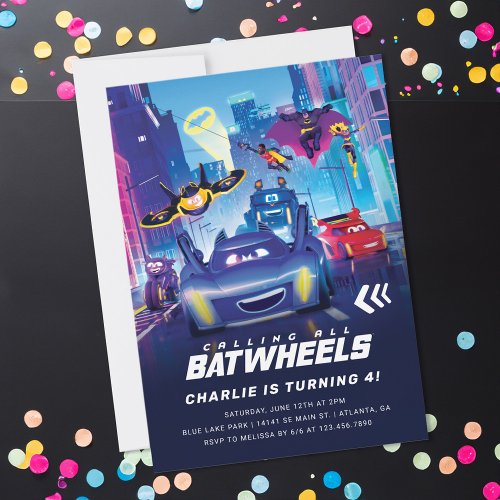






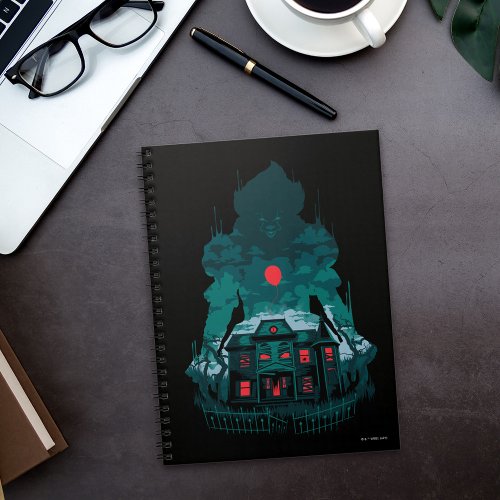






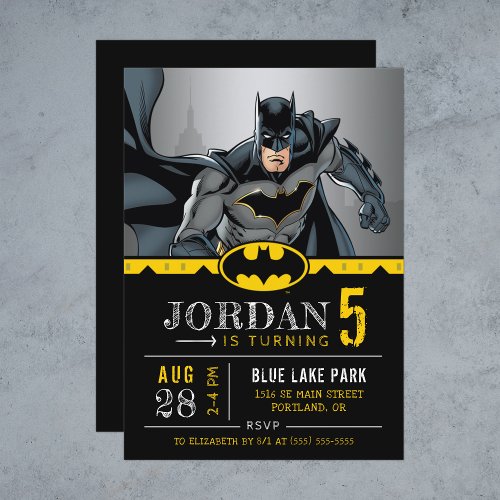







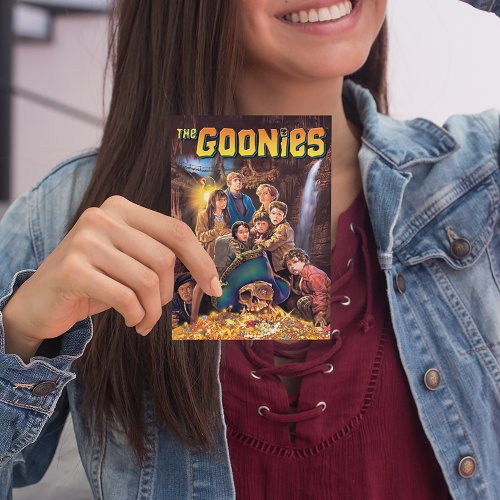
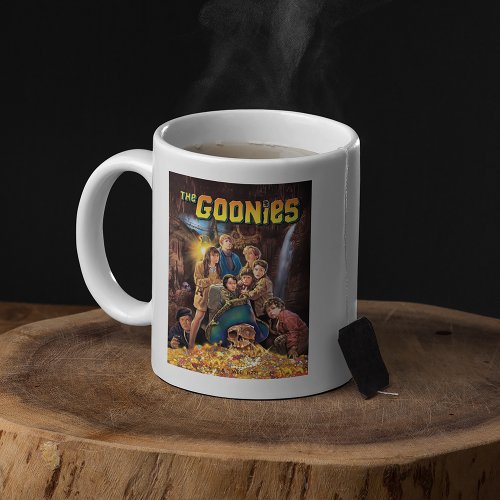
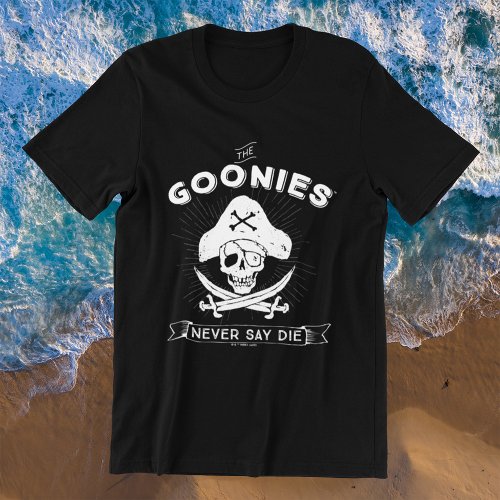


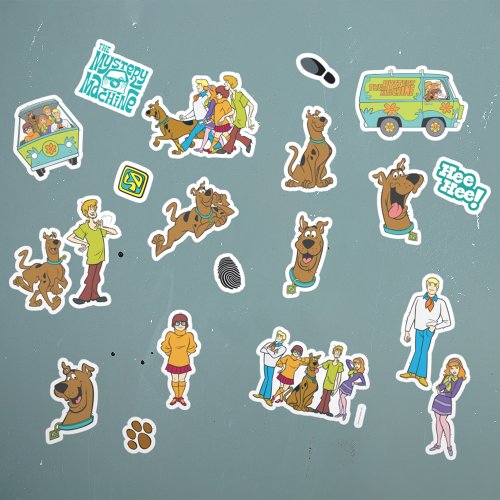


![The Hills Have Eyes: Original Motion Picture Score [Soundtrack] Composed by Don Peake](https://www.filmfetish.com/img/p/2017/09/hills-have-eyes-wes-craven-don-peake-soundtrack-cd-berryman-170x170.jpg)

![Frank Miller’s Sin City 12×18 inch Officially Licensed Canvas Print [C31]](https://www.filmfetish.com/img/p/2020/10/sin-city-c31-01-170x170.jpg)

![Bright – The Album [Explicit] Music from the Will Smith Motion Picture](https://www.filmfetish.com/img/p/2017/12/bright-the-album-bk-170x170.jpg)



![Moon 44 Set of 8 Original Lobby Cards [Y59]](https://www.filmfetish.com/img/p/2022/08/P1430964-170x170.jpg)
![The Deep Original 8×10 Press Photo Lobby Card – Jacqueline Bisset [G56]](https://www.filmfetish.com/img/p/2021/06/publicity-photo-g56-01-170x170.jpg)